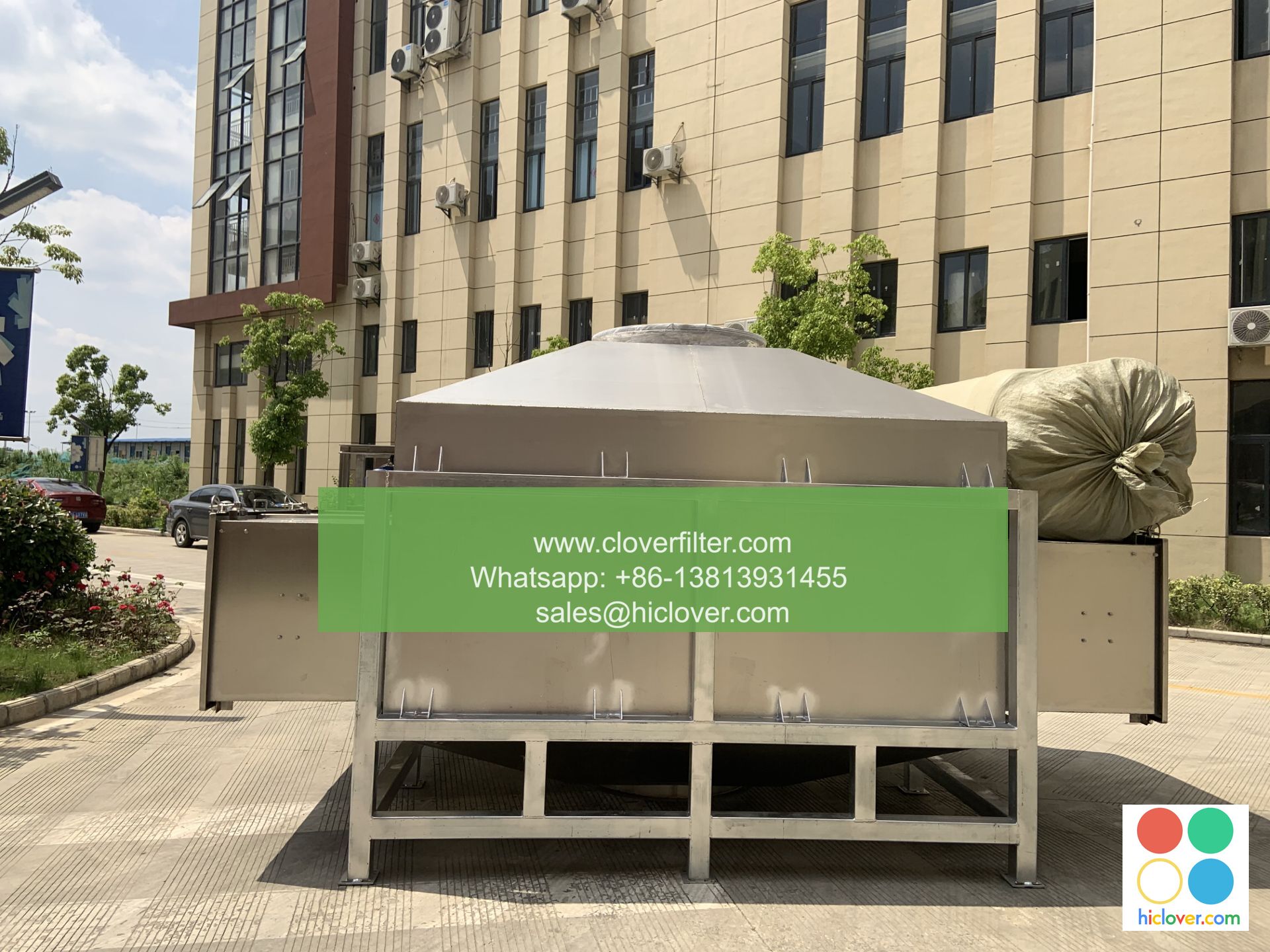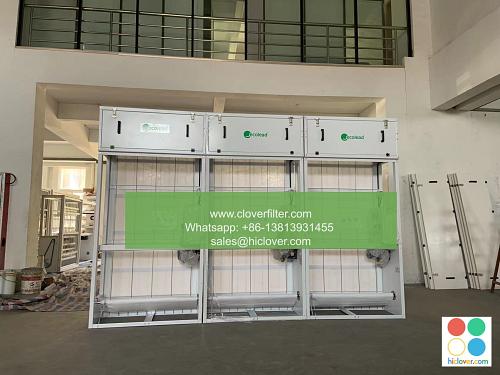Air Filter Market: Best Practices for Optimal Air Filtration

The air filter market has experienced significant growth in recent years, driven by increasing concerns about indoor air quality and the need for efficient air filtration systems. As the demand for high-quality air filters continues to rise, it is essential to understand the best practices for optimal air filtration. In this article, we will discuss the key considerations for selecting the right air filters, highlighting various application areas, and emphasizing the importance of regular maintenance and replacement.
Understanding Air Filter Types and Applications
Air filters come in various types, including HEPA (High Efficiency Particulate Air) filters, activated carbon filters, and electrostatic filters, each designed for specific applications. HEPA filters, for example, are ideal for removing 99.97% of particles as small as 0.3 microns, making them suitable for use in industrial air filtration systems, commercial HVAC systems, and residential air purifiers. Activated carbon filters, on the other hand, are effective in removing gases, odors, and volatile organic compounds (VOCs), making them a popular choice for air pollution control and odor removal applications.
Best Practices for Optimal Air Filtration
To ensure optimal air filtration, it is crucial to follow best practices, including:
* Regular filter maintenance and replacement: Regularly inspecting and replacing air filters helps maintain their effectiveness and prevents decreased airflow and increased energy consumption.
* Proper filter sizing and selection: Choosing the right air filter size and type for a specific application ensures maximum efficiency and effectiveness.
* Air filter testing and validation: Conducting regular testing and validation of air filters helps ensure they meet the required standards and performance specifications.
* Air filter installation and commissioning: Proper installation and commissioning of air filters are essential to ensure they function correctly and provide optimal air filtration.
Application Areas for Air Filters
Air filters have a wide range of applications, including:
* Industrial air filtration: Air filters are used in various industrial applications, such as manufacturing facilities, power plants, and chemical processing plants, to remove pollutants and contaminants from the air.
* Commercial HVAC systems: Air filters are used in commercial HVAC systems to provide clean and healthy indoor air for offices, hospitals, and schools.
* Residential air purifiers: Air filters are used in residential air purifiers to remove pollutants and allergens from the air, providing a healthy indoor environment for homeowners and families.
* Aerospace and automotive applications: Air filters are used in aerospace and automotive applications to provide clean air for passengers and crew members.
Conclusion
In conclusion, the air filter market is a critical component of maintaining good indoor air quality. By understanding the different types of air filters and their applications, following best practices for optimal air filtration, and highlighting various application areas, we can ensure the effective use of air filters in various industries. Regular maintenance and replacement of air filters are crucial to maintaining their effectiveness and preventing decreased airflow and increased energy consumption. As the demand for high-quality air filters continues to rise, it is essential to prioritize optimal air filtration practices to provide clean and healthy indoor air for various applications. Prompt

